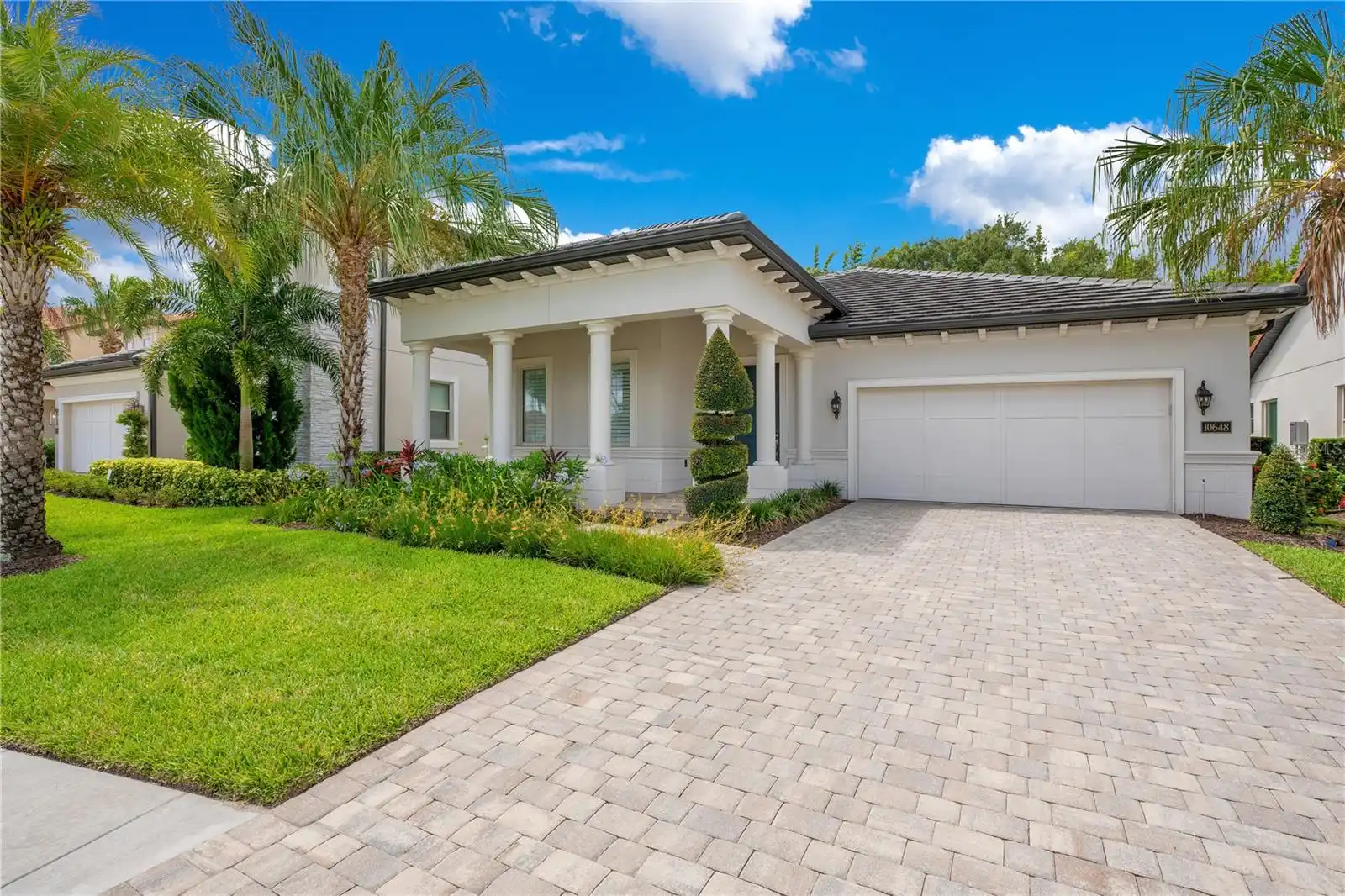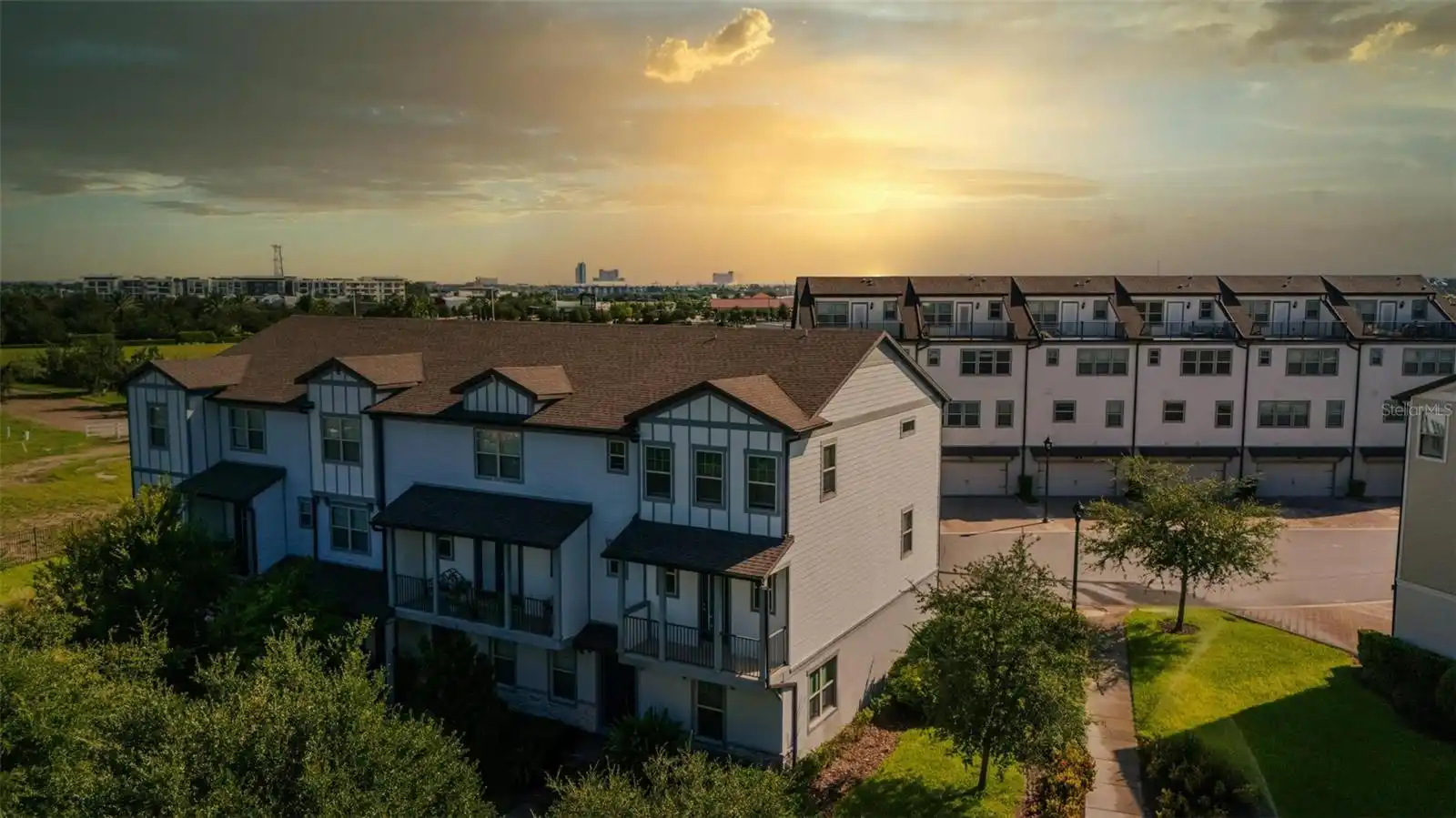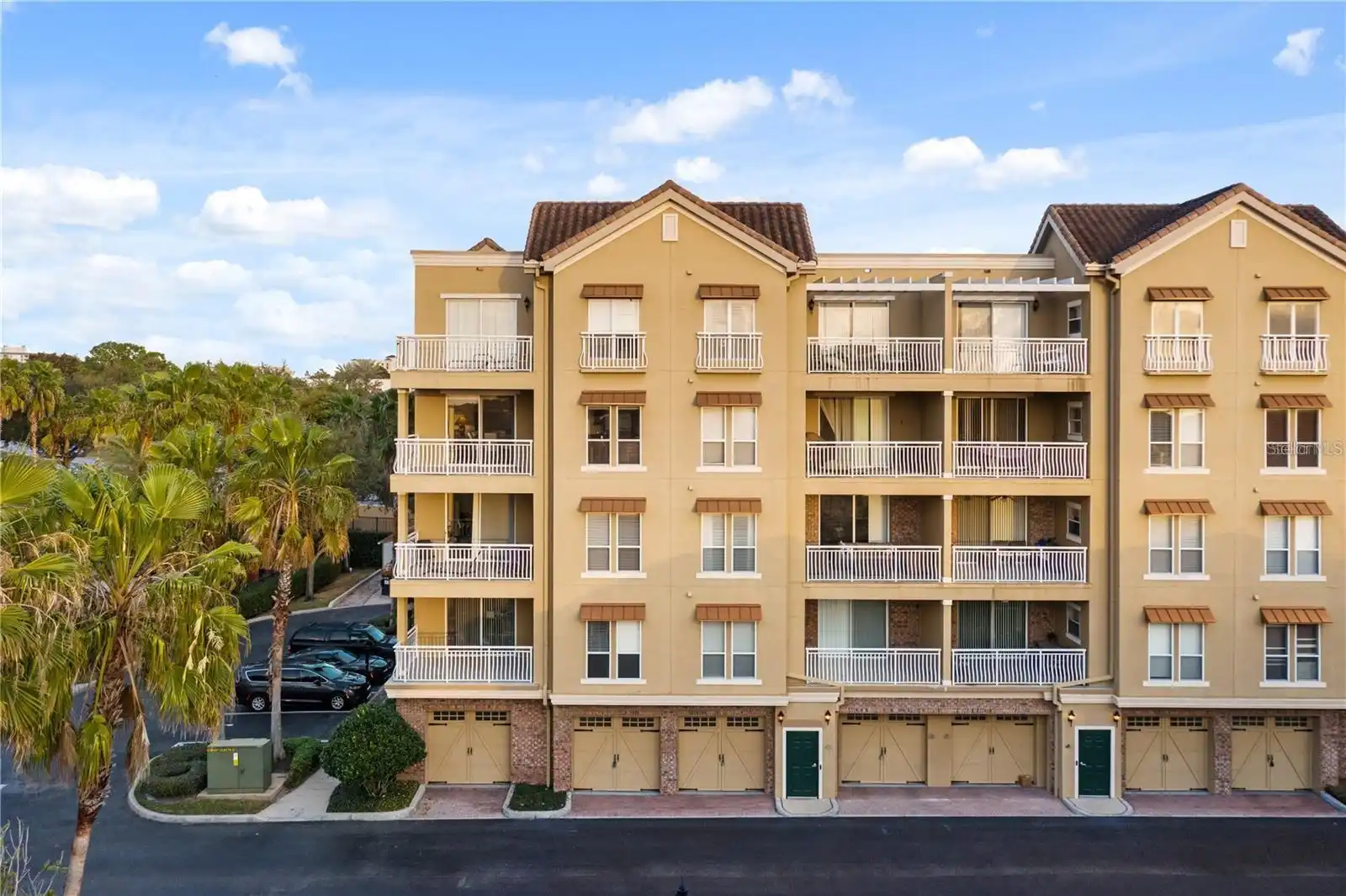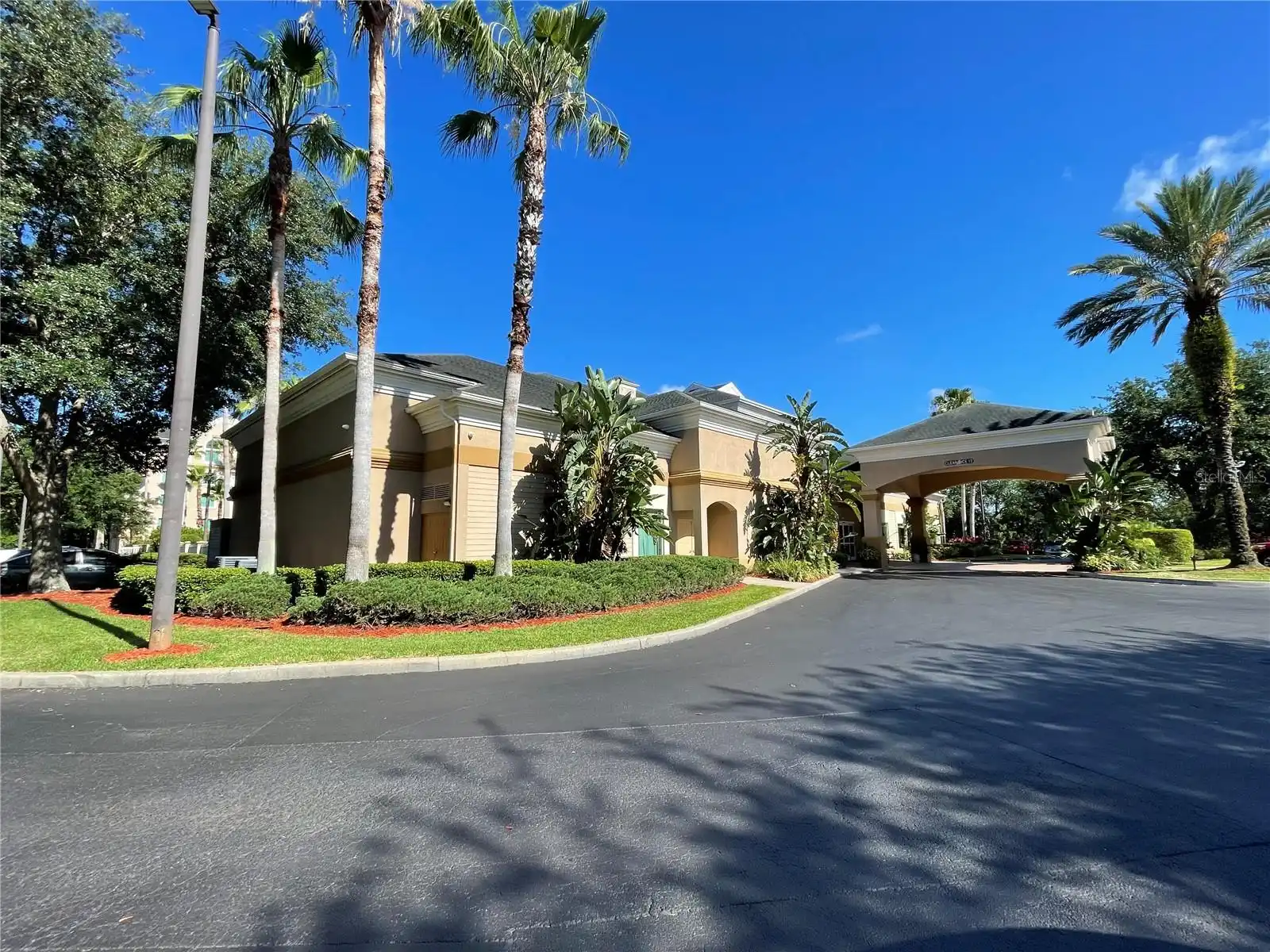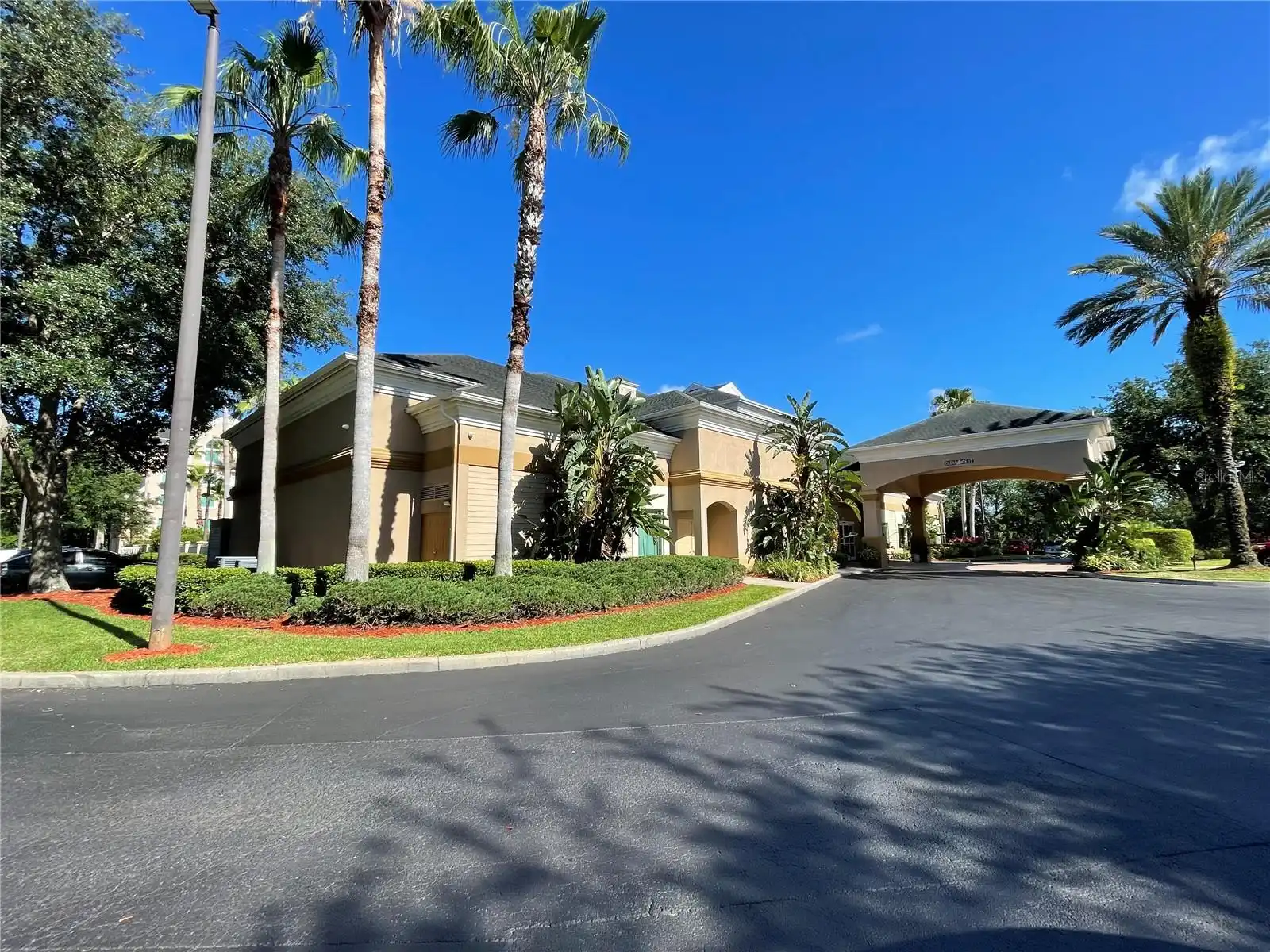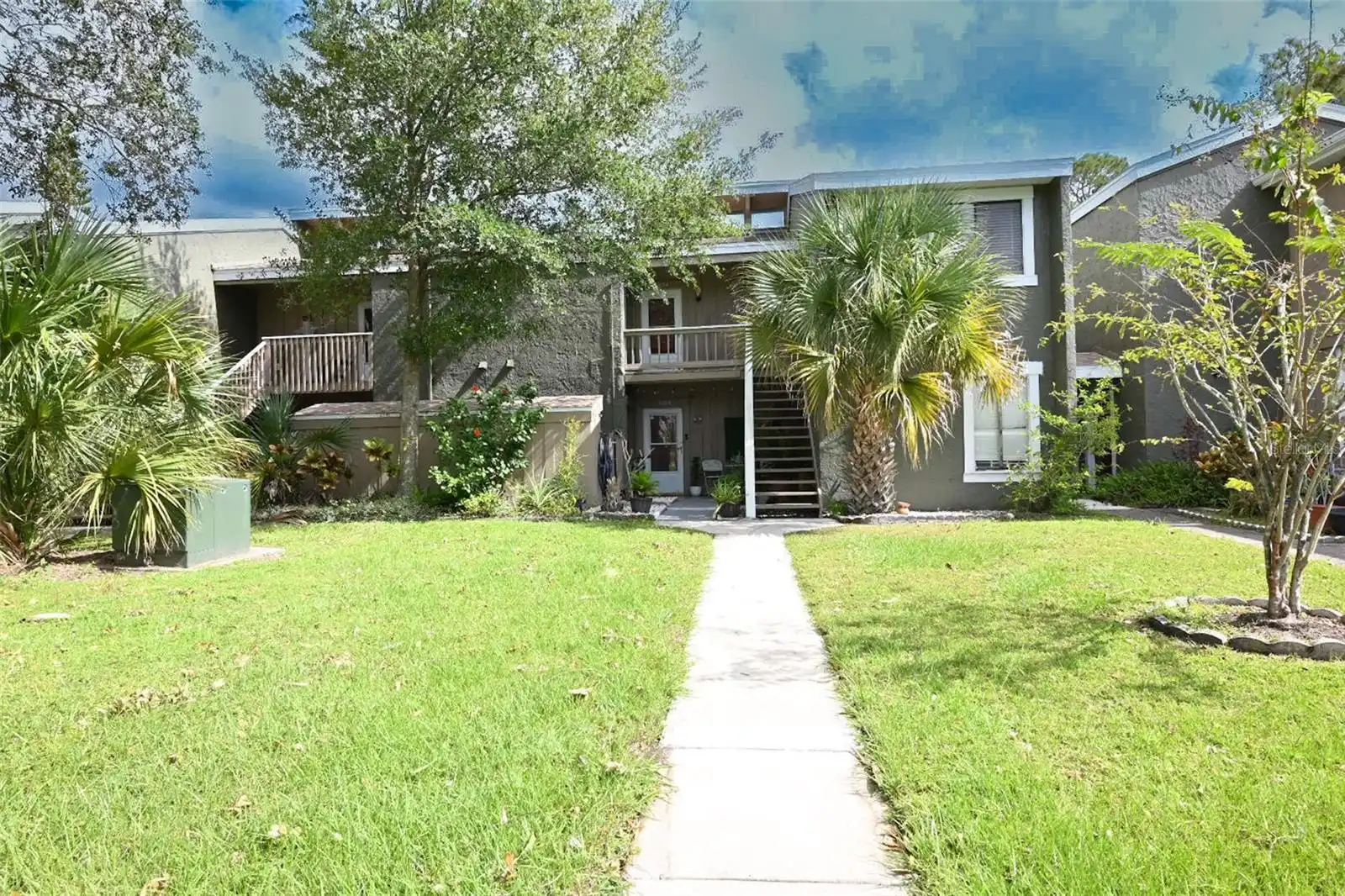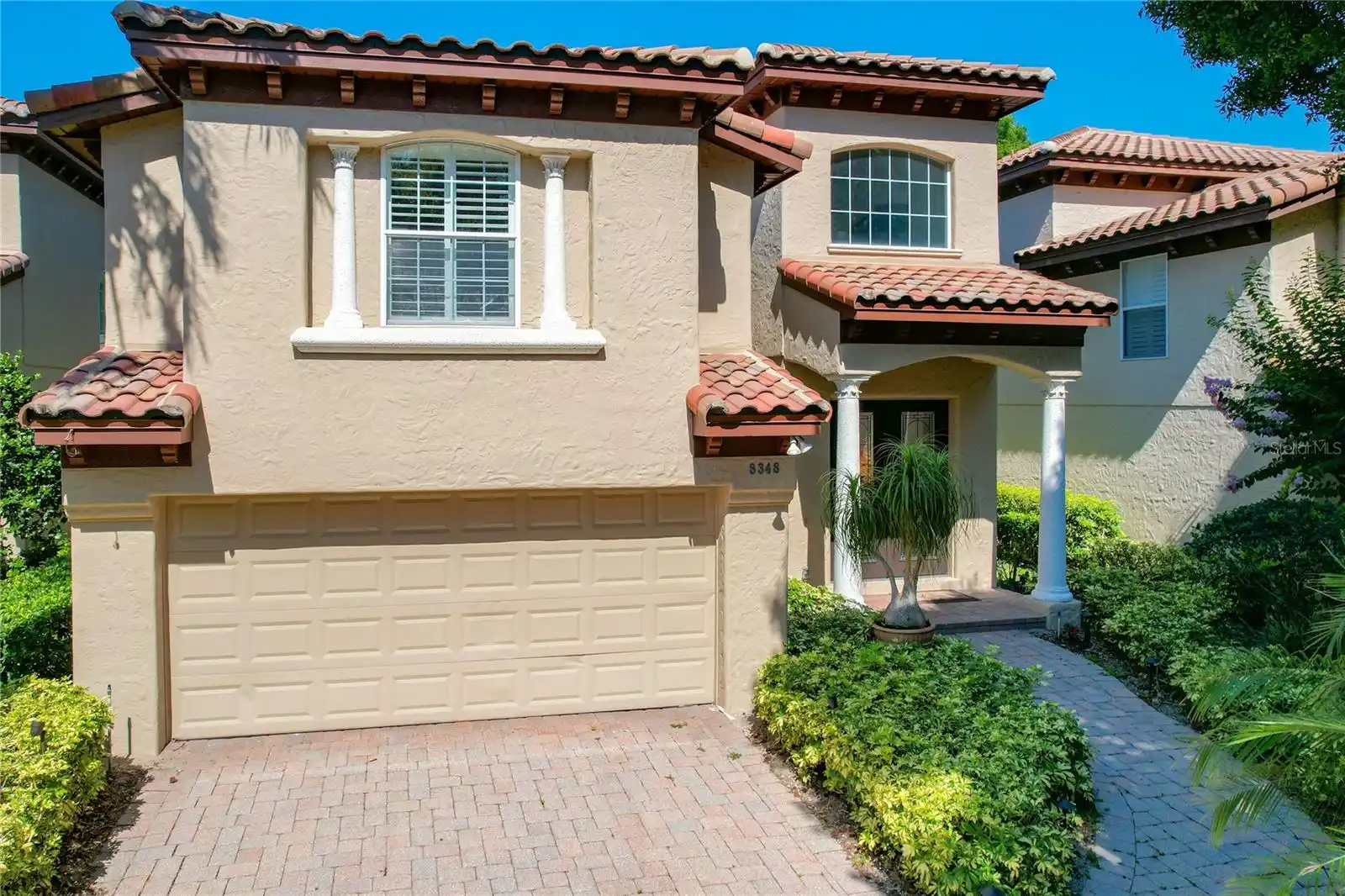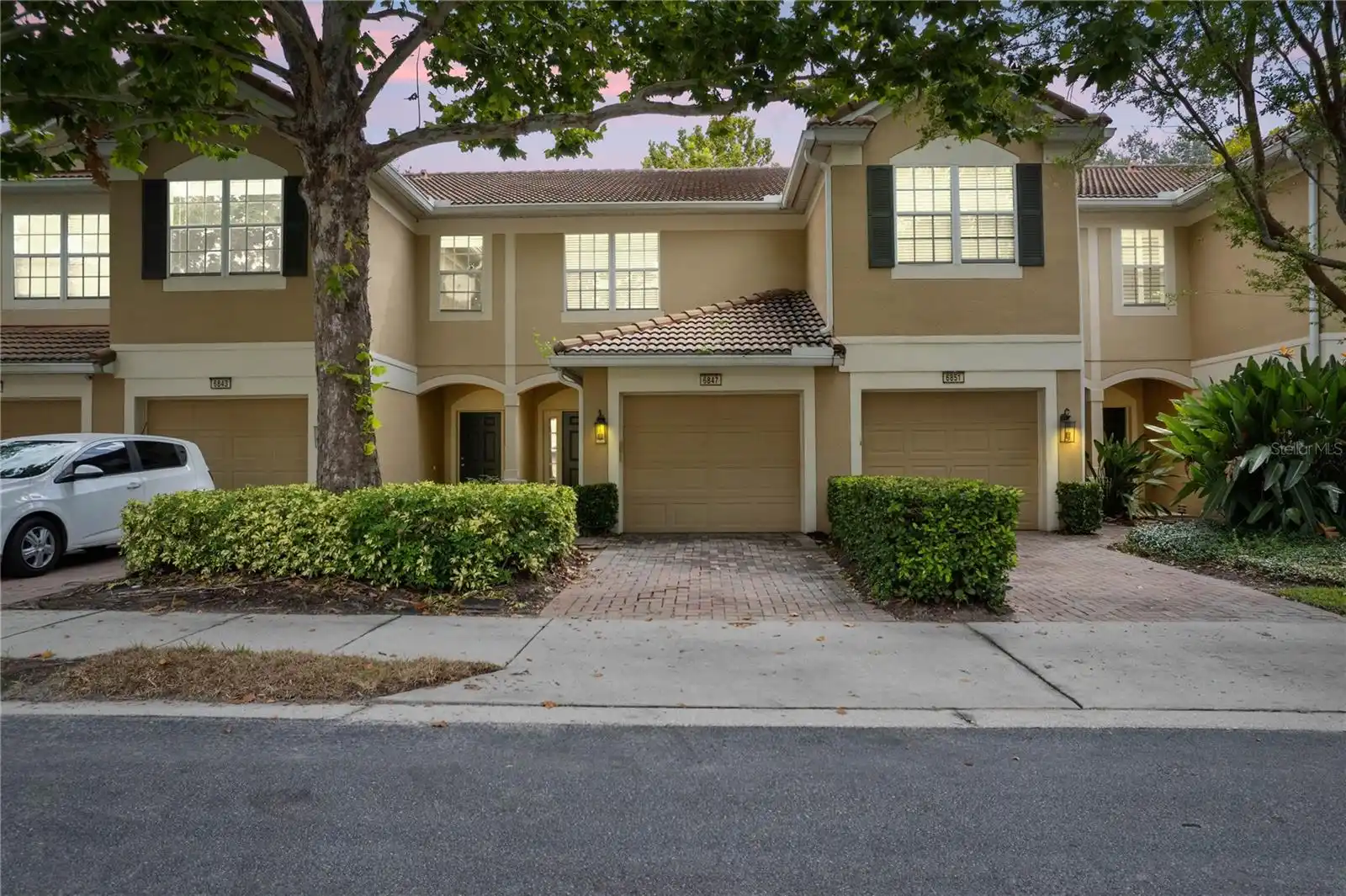PROPERTY TAXES INCREASE
Property taxes increase for several reasons. When the market value of real estate rises, local governments may reassess properties to reflect these higher property values, leading to increased tax bills. Local government budget needs for more revenue for services like education, public safety, infrastructure or community services may raise the tax rate. Inflation can lead to higher costs for local governments, prompting them to increase property taxes to maintain services. Changes in tax policies can be changed at the legislative level can result in higher tax rates or altered assessment practices. Development and improvements in a neighborhood can enhance property values, prompting reassessments and higher taxes.
Changes in tax policies at legislative level can also result in higher tax rates or altered assessment practices. Understanding these factors can help property owners anticipate changes in their tax bill and budget accordingly.
ECONOMIC GROWTh
In a growing economy, increased demand for housing can raise property values and subsequently property taxes. With growth development and improvements are needed to enhance property values, prompting reassessments and higher taxes. With services in demand, inflation of products and services are required by demand to enhance property values, prompting reassessments and higher taxes. Services such as hospitals, fire stations and added local police forces are needed to maintain a balance to support many communities.
PROPERTY VALUES
Increased property values when the market value of real estate rises, local governments may reassess properties to reflect these higher values which leads to increased tax bills. Understanding these factors can help property owners anticipate changes in their tax bills and budget accordingly. There are common methods to assess property values. Comparative market analysis is a method involves comparing the property to similar properties that have recently sold in the area. Adjustments are made for differences in features, size, and location to estimate the property value.
Cost approach is a method that calculates the value of a property buy determining the cost to replace or reproduce it, minus deprecation. It is often used for new constructions or unique properties. Income approach is primarily used for investment properties, this method estimates the value based on the income the property generates. It considers rental income, operating expenses and capitalization rates.
Sales comparison approach is similar to the comparable market analysis, this method focuses on the sales prices of comparable properties to derive the value of the subject property. An automated valuation model is a technology-driven assessment that uses an algorithms and data analytics to estimate property values based on various data points, including recent sales and property characteristics. A professional appraisal performed by a licensed appraiser conducts a thorough evaluation of the property, considering multiple factors and using various methods to arrive at an objective value.
These methods can vary in accuracy and appropriateness depending on the property type, location and market conditions. Seek a professional realtor to conduct a comparable market analysis report for free or a licensed appraiser that will go more in detail at a cost.
All listing information is deemed reliable but not guaranteed and should be independently verified through personal inspection by appropriate professionals. Listings displayed on this website may be subject to prior sale or removal from sale; availability of any listing should always be independent verified. Listing information is provided for consumer personal, non-commercial use, solely to identify potential properties for potential purchase; all other use is strictly prohibited and may violate relevant federal and state law.
The source of the listing data is as follows:
Stellar MLS (updated 11/21/24 4:28 AM) |
